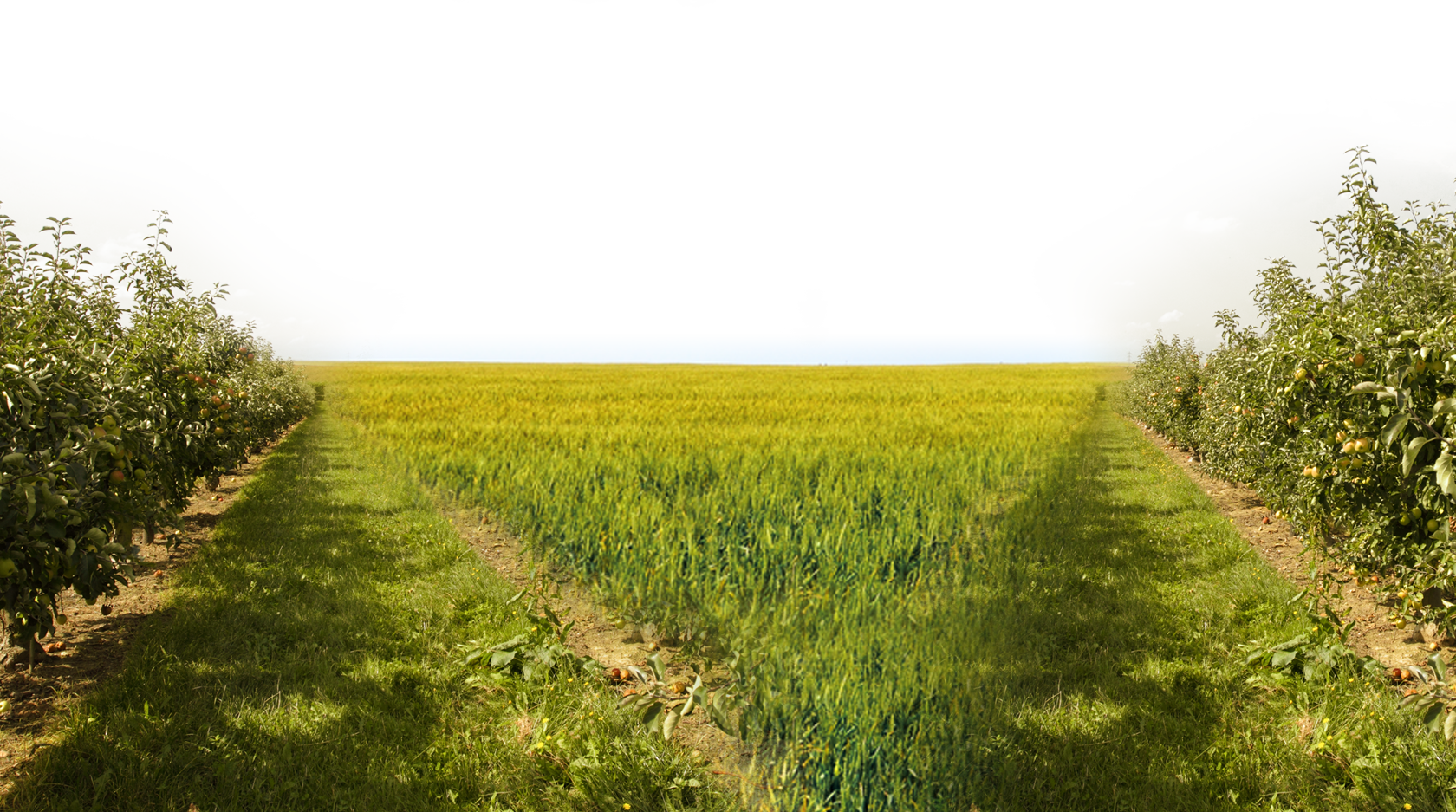
Do you need to avoid soy if you are worried about breast cancer?
By Dr. Daria | 0 Comments | Posted 09/14/2014
Although soy products have not historically been part of the American diet, they are definitely becoming a part of it – a big part of it. If we lived in Japan, we would be eating some form of soy literally every day, often in every meal! Miso soup, a broth made from fermented soy and containing pieces of tofu, is served at every meal – even breakfast. It is good and tasty soup!!
When talking about soy, we could go in many different directions. Is soy milk healthier than cow’s milk? Does it matter if the soy is non-GMO (not genetically modified)? Is soy considered a complete protein? Can you develop a soy allergy?
These are all important topics, but, today, I’d like to briefly talk about the link between breast cancer and soy. This is a complex topic. What I’ll cover here is just some of the latest info from the medical literature.
Soybeans contain isoflavones which are phytoestrogens – plant based substances that mimic estrogen. Estrogen is a hormone made by both women and men. Most (but not all) breast cancers are “estrogen receptor positive”. So, you can see the connection – if most breast cancers are linked to estrogen then couldn’t eating a phytoestrogen that mimics estrogen cause a problem? It is a big topic in the medical community.
We know that Asian women eat a lot of soy throughout their lives and that they have a lower occurrence of breast cancer. In a study from Georgetown University “Is soy consumption good or bad for the breast?” They state: “Results reviewed here suggest that women consuming moderate amounts of soy throughout their life have lower breast cancer risk than women who do not consume soy.” They also looked at the effect of soy isoflavone after a breast cancer diagnosis and concluded: “ … that a moderate consumption of diet containing this isoflavone does not increase the risk of breast cancer recurrence in Western women, and Asian breast cancer survivors exhibit better prognosis if they continue consuming a soy diet.” So, based on this published data, it seems reasonable to eat some soy based products. That is good information.
However, a different study just published in the Journal of the National Cancer Institute presents new information that looked at 140 women who had been diagnosed with early-stage breast cancer. In this study, all of the women drank a protein beverage for 7 to 30 days before surgery was performed. Half the women got a soy protein drink and half got a milk protein drink. In the soy drinking group there were several genes that were activated that would generally increase the growth rate of breast cancer cells. This was not seen in the milk protein group. Their conclusion was: “These findings raise the concern that in a subset of women soy could adversely affect gene expression in breast cancer.”
Confusing right? Yes. So, is it necessary to avoid soy if you are worried about breast cancer? There is no complete clarity on this issue. I definitely recommend working with your trusted healthcare professional as you make the decision.
Oh, and, for the record, I was diagnosed with metastatic breast cancer over 20 years ago. I am delightfully healthy. I comfortably include soy in my diet. I enjoy it in moderation and, I really enjoy it! I eat other good things too. In my medical practice, each person’s desires and circumstances are considered as we put together a game plan. I’m not your doctor, so I’m not giving you medical advice. One of my strong recommendations is “to be aware and use good judgment”. So, if you decide to include soy in your diet, it makes sense to do so in moderation. That’s how it is eaten in Japan!


 Contact us
Contact us



























